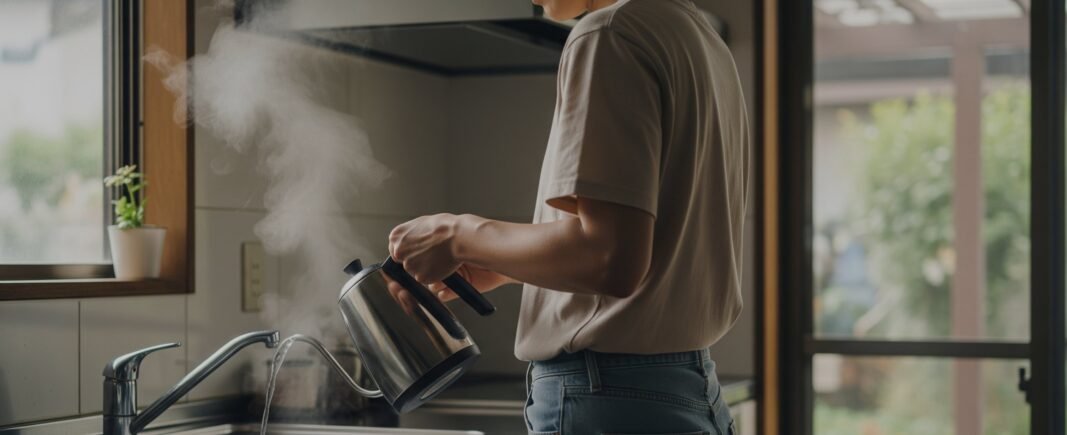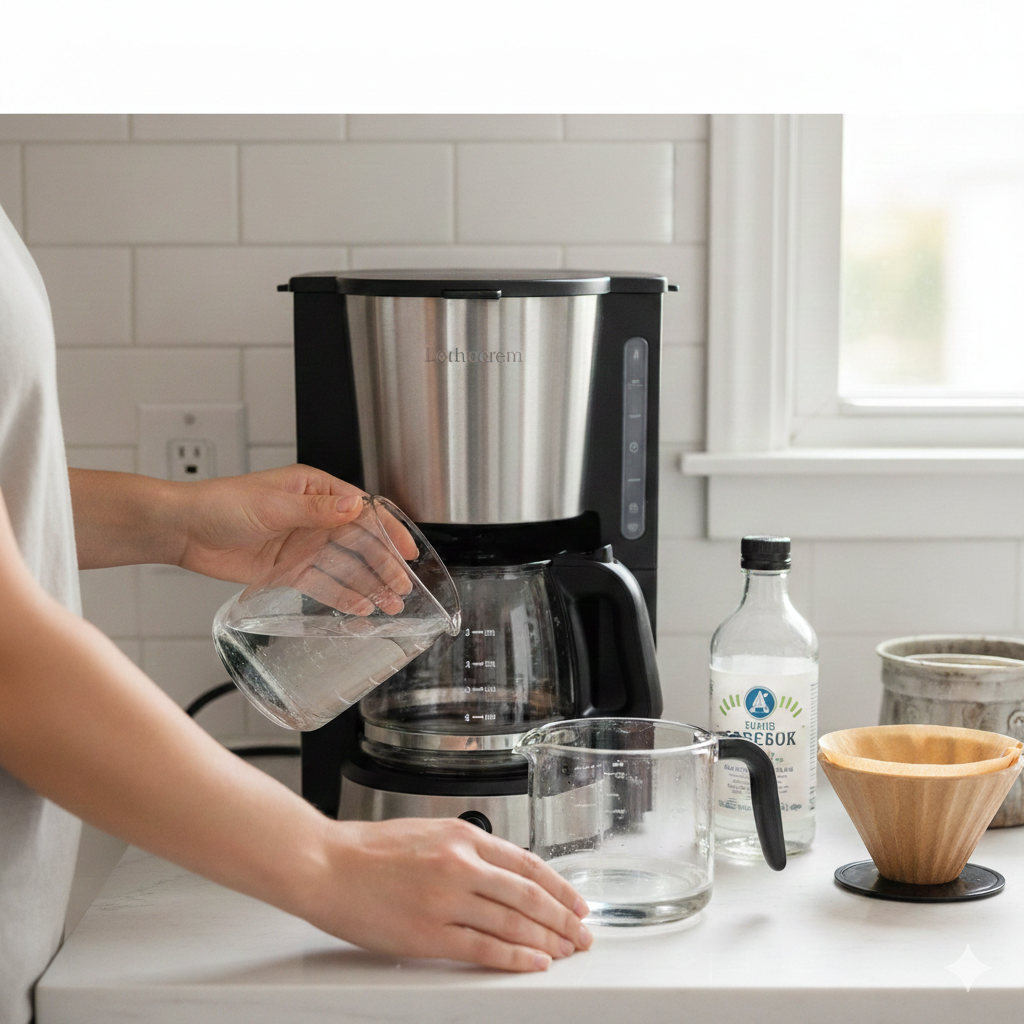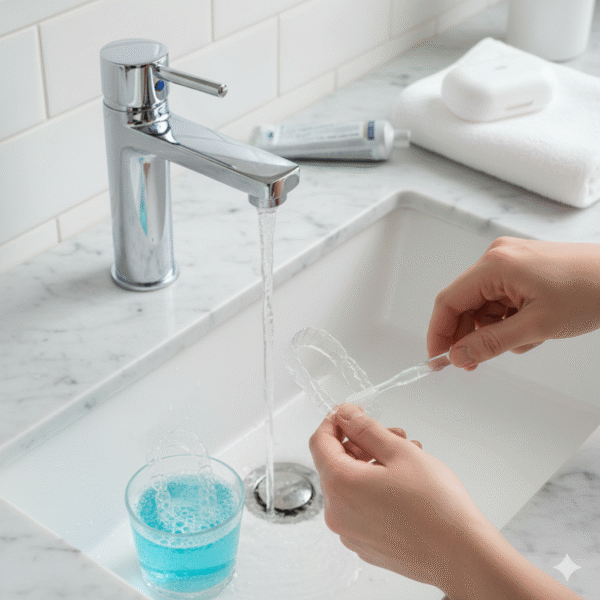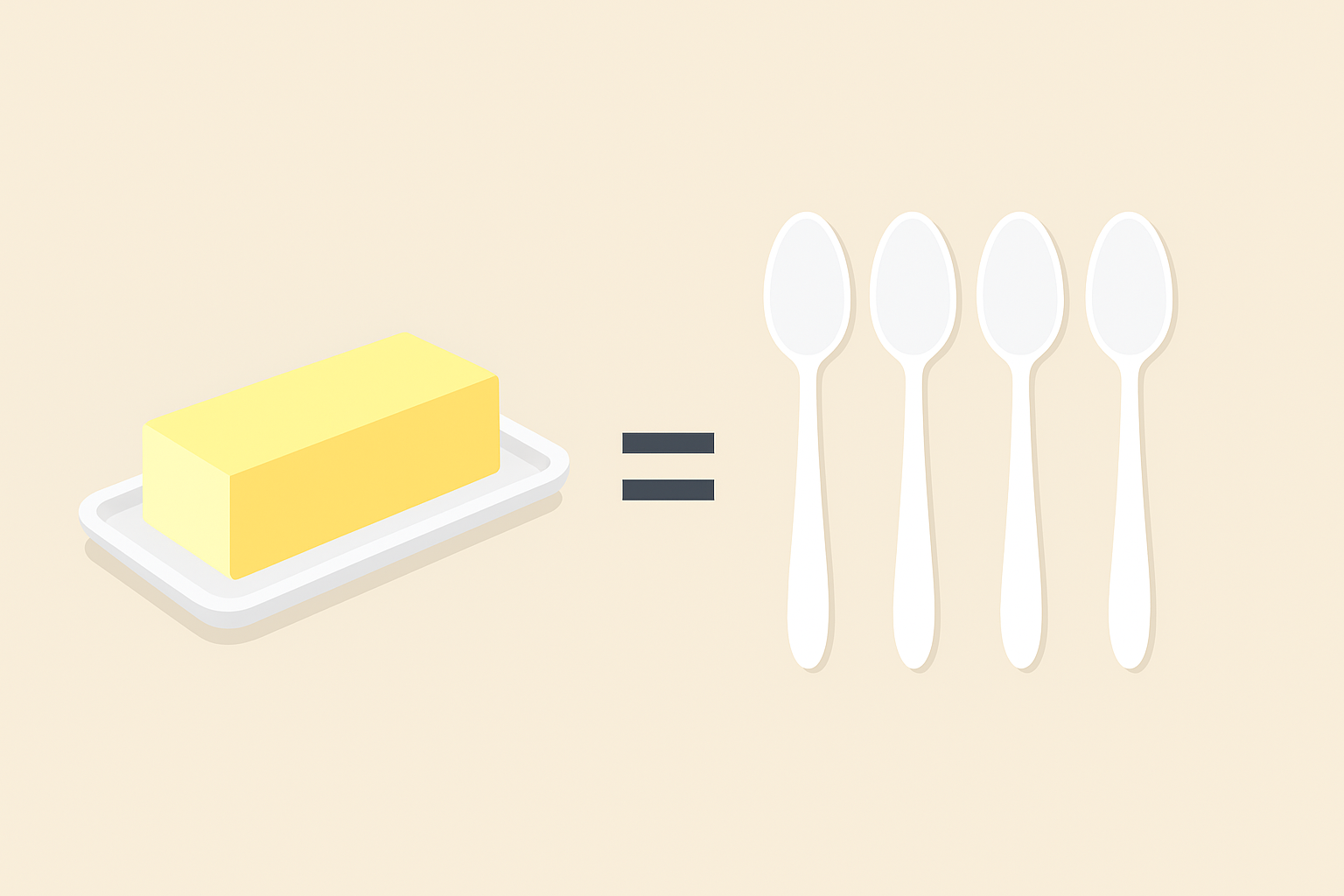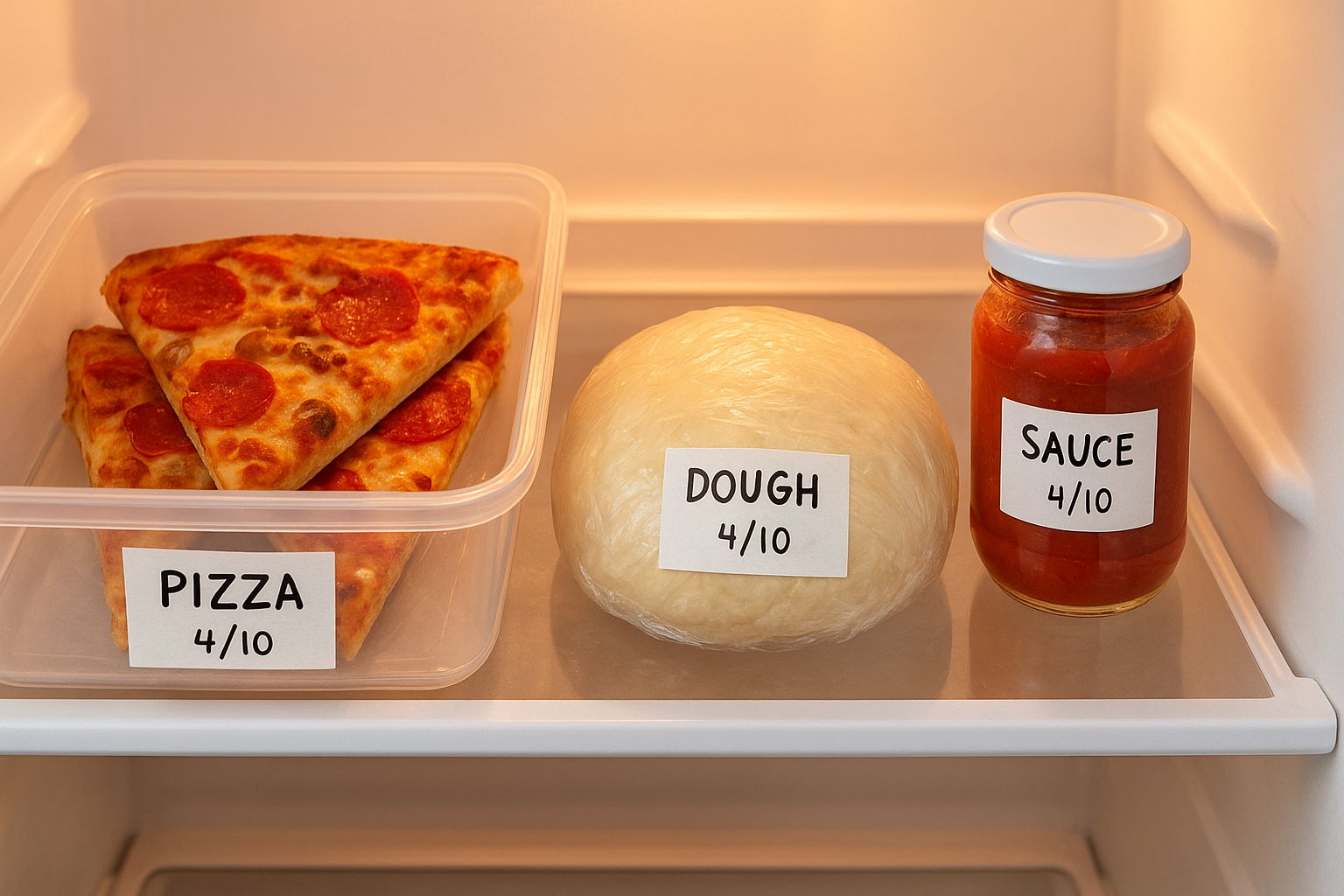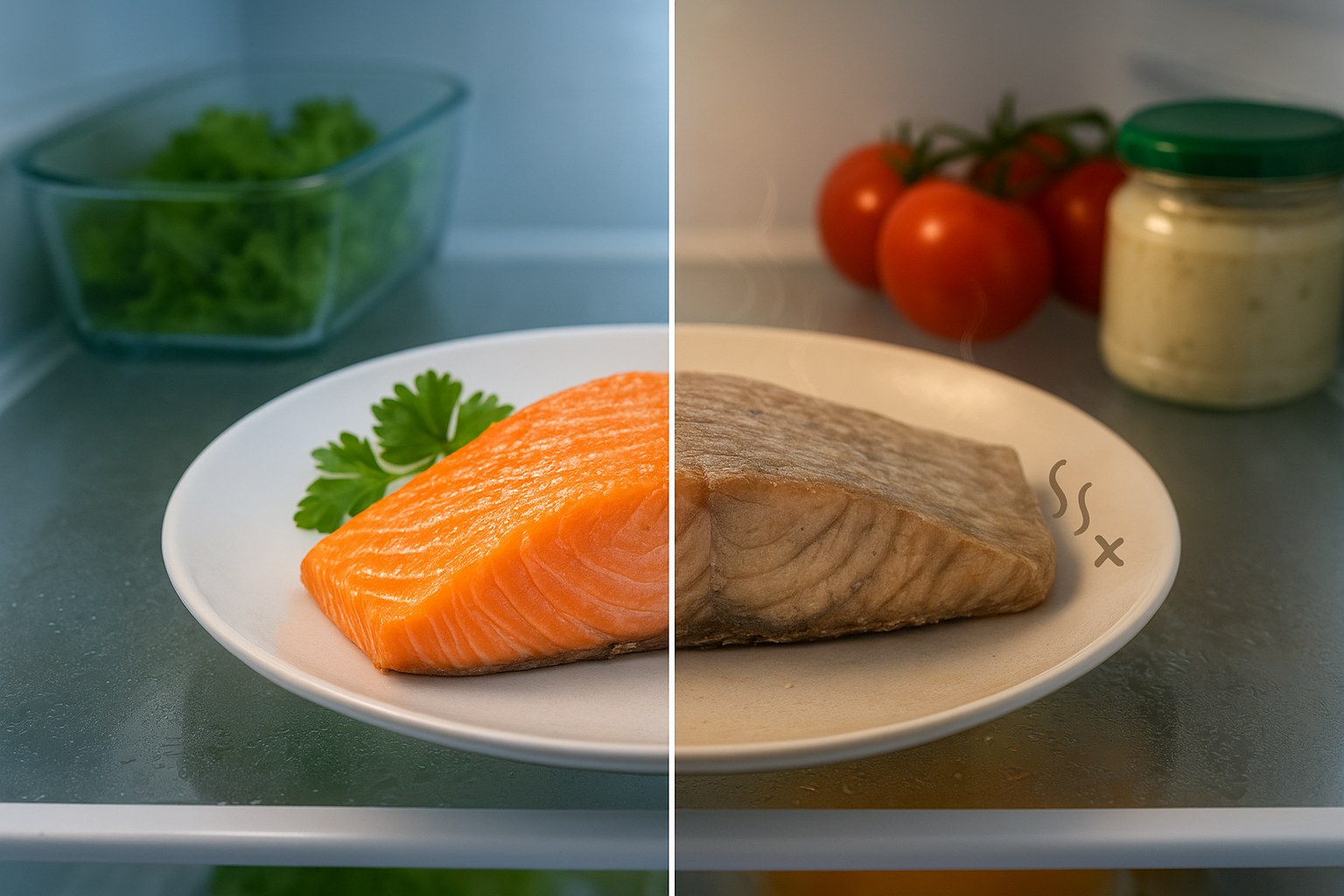Butter is the unsung hero of the kitchen — it sneaks into cookies, sauces, and flaky pastries, but it also manages to confuse home cooks everywhere. Recipes love to call for a “stick” of butter, while others stick to tablespoons or teaspoons. Cue the question: how many spoons is a stick of butter?
👉 The quick answer:
1 stick of butter = 8 tablespoons = 24 teaspoons = ½ cup.
That’s it — the simplest conversion you’ll ever need. But let’s break it down further, because baking (and your Instagram-worthy desserts) depends on accuracy. 🧈
How Many Tablespoons in a Stick of Butter?
A standard stick of butter in the U.S. equals 8 tablespoons.
That means if your recipe calls for half a stick, you’ll need 4 tablespoons. And if you’re doubling a recipe? Grab two sticks for 16 tablespoons (1 full cup).
How Many Teaspoons in a Stick of Butter?
If you’re measuring smaller amounts, here’s the math:
- 1 tablespoon = 3 teaspoons
- 8 tablespoons = 24 teaspoons
So, 1 stick of butter = 24 teaspoons. Handy when you only need a tiny bit for greasing pans or adding richness to sauces.
How Many Cups in a Stick of Butter?
For the bakers who think in cups:
- 1 stick of butter = ½ cup
- 2 sticks = 1 full cup
This is why butter packaging often comes with measurement lines — you can slice exactly what you need without breaking out the measuring spoons.
Quick Butter Conversion Chart
| Butter Amount | Tablespoons | Teaspoons | Cups |
|---|---|---|---|
| 1 Stick | 8 tbsp | 24 tsp | ½ cup |
| ½ Stick | 4 tbsp | 12 tsp | ¼ cup |
| 2 Sticks | 16 tbsp | 48 tsp | 1 cup |
| 4 Sticks | 32 tbsp | 96 tsp | 2 cups (1 lb) |
This chart is your cheat sheet for any recipe switch-ups. Bookmark it, screenshot it, or tape it inside your pantry — your future self will thank you.
Why Is Butter Measured in Sticks in the U.S.?
Here’s the twist: not every country measures butter in “sticks.” It’s mostly an American thing.
- In the U.S.: Butter is commonly sold in sticks, each weighing 4 ounces (113 grams).
- In Europe & elsewhere: Butter is usually sold in blocks and measured by grams or ounces.
That’s why international recipes often create confusion — your favorite Parisian pastry blogger won’t be telling you to grab “two sticks.”
Tablespoons vs. Teaspoons: Why Precision Matters
Butter might feel forgiving, but in baking, measurements matter. Too much butter, and your cookies spread into puddles; too little, and your muffins turn out dry.
- Tablespoons: Best for medium quantities (sautéing, greasing pans, most baking).
- Teaspoons: Perfect for small flavor boosts (sauces, seasoning vegetables, buttering toast with flair).
Think of it this way: tablespoons are your everyday players, teaspoons are the specialists.
Tips for Measuring Butter Accurately
Want flawless bakes and golden crusts every time? Here’s how to measure butter like a pro:
- Use the wrapper lines — most sticks come pre-marked in tablespoons.
- Cut when chilled — slicing cold butter gives cleaner, more accurate measurements.
- Weigh it — if precision is key (like in French pastry), weigh butter in grams. (1 stick = 113g).
- Soften carefully — microwave in short bursts, or leave at room temp, to keep it evenly soft without melting.
FAQs About Butter Measurements
👉 How many tablespoons are in half a stick of butter?
Half a stick of butter = 4 tablespoons = 12 teaspoons = ¼ cup.
👉 How many sticks of butter equal 1 cup?
Two sticks of butter equal 1 cup.
👉 Can I substitute margarine for butter in the same spoon measurement?
Yes, margarine is usually a 1:1 substitute by volume, though flavor and texture may differ.
👉 How many grams in a stick of butter?
One stick = 113 grams.
Final Spoonful
So, how many spoons is a stick of butter? Always 8 tablespoons or 24 teaspoons. That’s your golden conversion. From flaky croissants to gooey brownies, knowing your butter math keeps every recipe on point.
Next time a recipe throws “1 stick of butter” at you, you’ll know exactly how many spoons to scoop. 🧁✨



